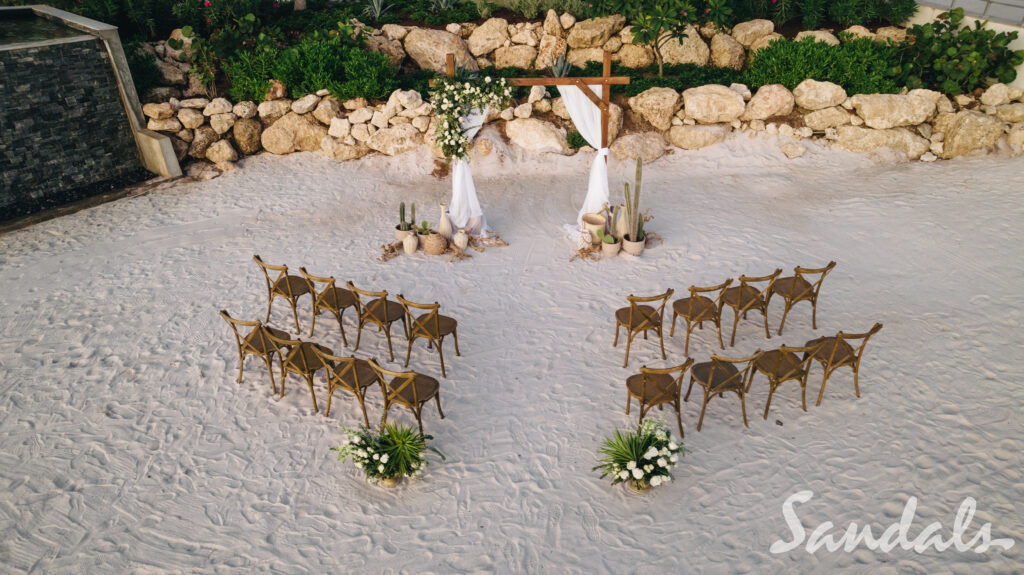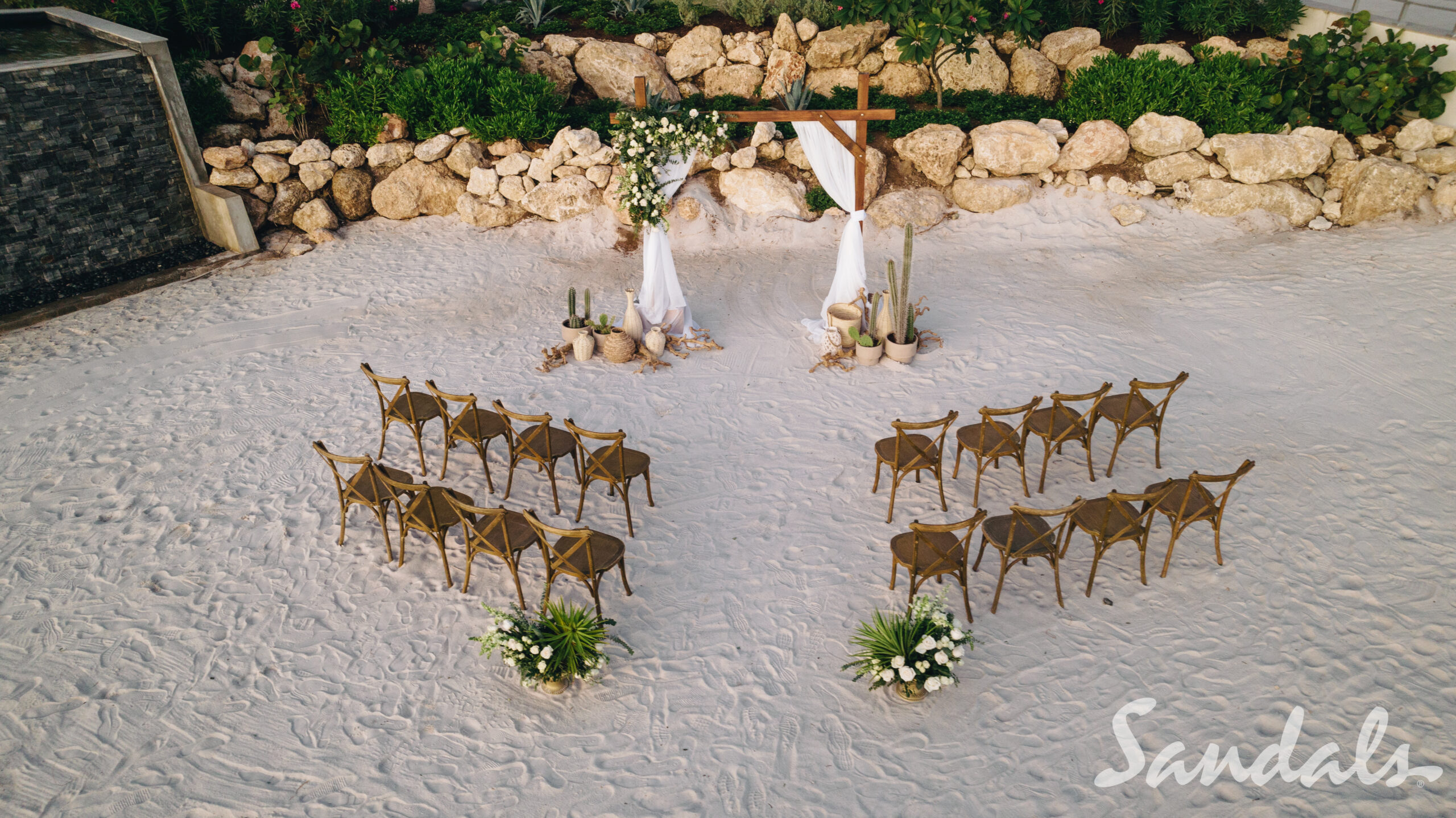Destination weddings offer couples the opportunity to say “I do” in some of the most breathtaking locations around the world, creating unforgettable memories against stunning backdrops. But when it comes to planning your dream destination wedding, there are various types of ceremonies to consider. Two popular options are symbolic and civil ceremonies, each with its own unique characteristics and benefits.
Symbolic Ceremonies
A symbolic ceremony is a non-legally binding celebration of marriage that allows couples to exchange vows and rings in a meaningful and personalized way. This type of ceremony is perfect for couples who want to have a destination wedding without dealing with the legal requirements and paperwork associated with getting married in a foreign country.
Symbolic ceremonies offer couples the flexibility to customize every aspect of their wedding ceremony, from the location and decorations to the readings and rituals. Whether you choose to exchange vows on a sun-kissed beach, beneath a rustic vineyard pergola, or atop a majestic mountain, the possibilities are endless.
One of the biggest advantages of a symbolic ceremony is that it eliminates the stress and complications of navigating foreign marriage laws and requirements. Couples can choose to legally marry in their home country before or after their destination wedding, allowing them to focus solely on celebrating their love with family and friends in a beautiful setting.
Civil Ceremonies
A civil ceremony, on the other hand, is a legally binding marriage ceremony that is recognized by the local government of the destination country. This type of ceremony typically involves completing specific legal requirements, such as obtaining a marriage license, providing documentation, and having a marriage officiant perform the ceremony according to local laws and customs.
Civil ceremonies offer couples the opportunity to legally marry in their chosen destination, allowing them to start their new life together immediately following the wedding. However, it’s essential to research and understand the legal requirements and processes involved in getting married in a foreign country, as they can vary significantly from one destination to another.
While civil ceremonies may require more planning and paperwork compared to symbolic ceremonies, they offer couples the peace of mind of being legally married in their dream location. Plus, many resorts and wedding venues offer assistance with navigating the legal requirements and working with an experienced planner can make the process a lot easier.
Choosing the Right Ceremony for You
Whether you opt for a symbolic or civil ceremony ultimately depends on your preferences, priorities, and logistical considerations. Some couples prioritize the ease and flexibility of a symbolic ceremony, while others value the legal recognition and authenticity of a civil ceremony.
No matter which type of ceremony you choose, the most important thing is to focus on what matters most—celebrating your love and commitment to each other in a beautiful destination surrounded by your closest family and friends. With careful planning and the help of experienced wedding professionals, your destination wedding will be a truly magical and unforgettable experience.
—
I hope this article provides helpful insights into the differences between symbolic and civil ceremonies for destination weddings! Let me know if you need further assistance.

